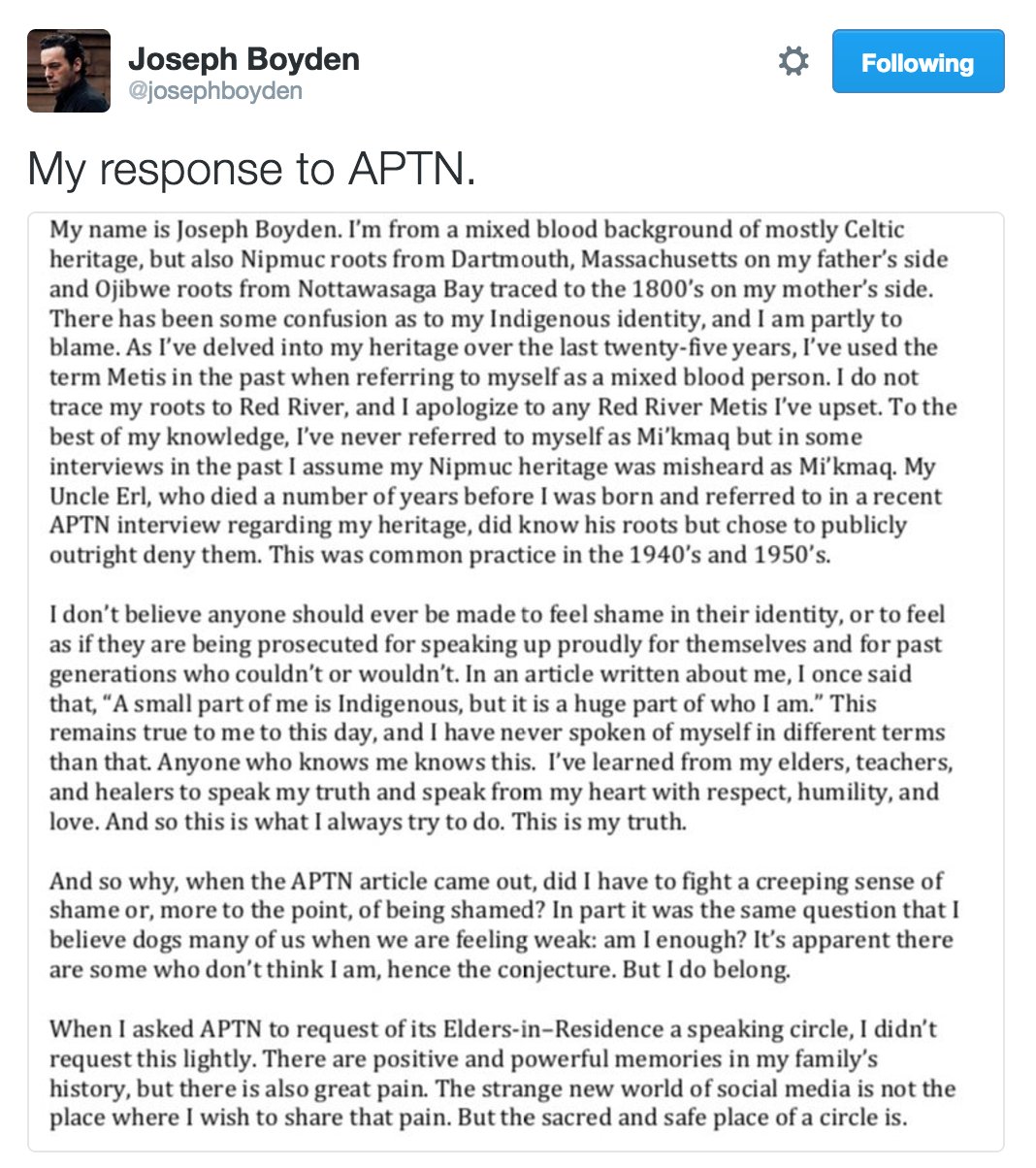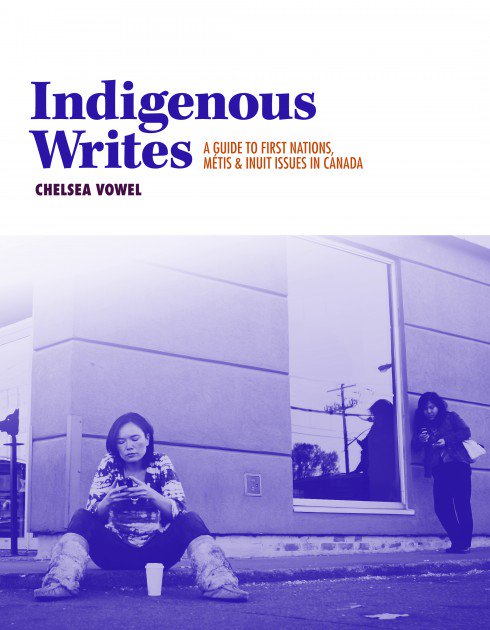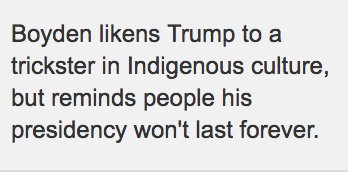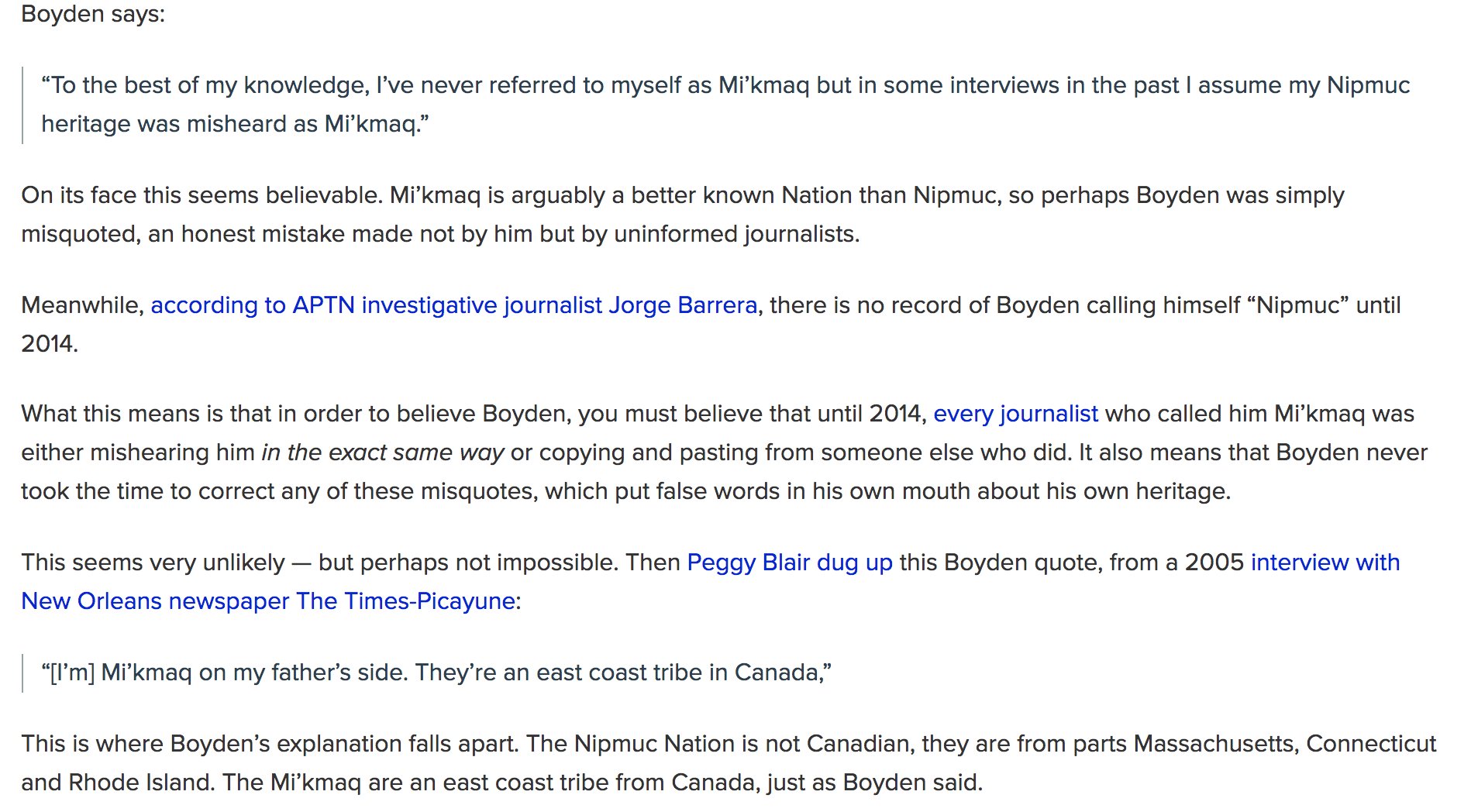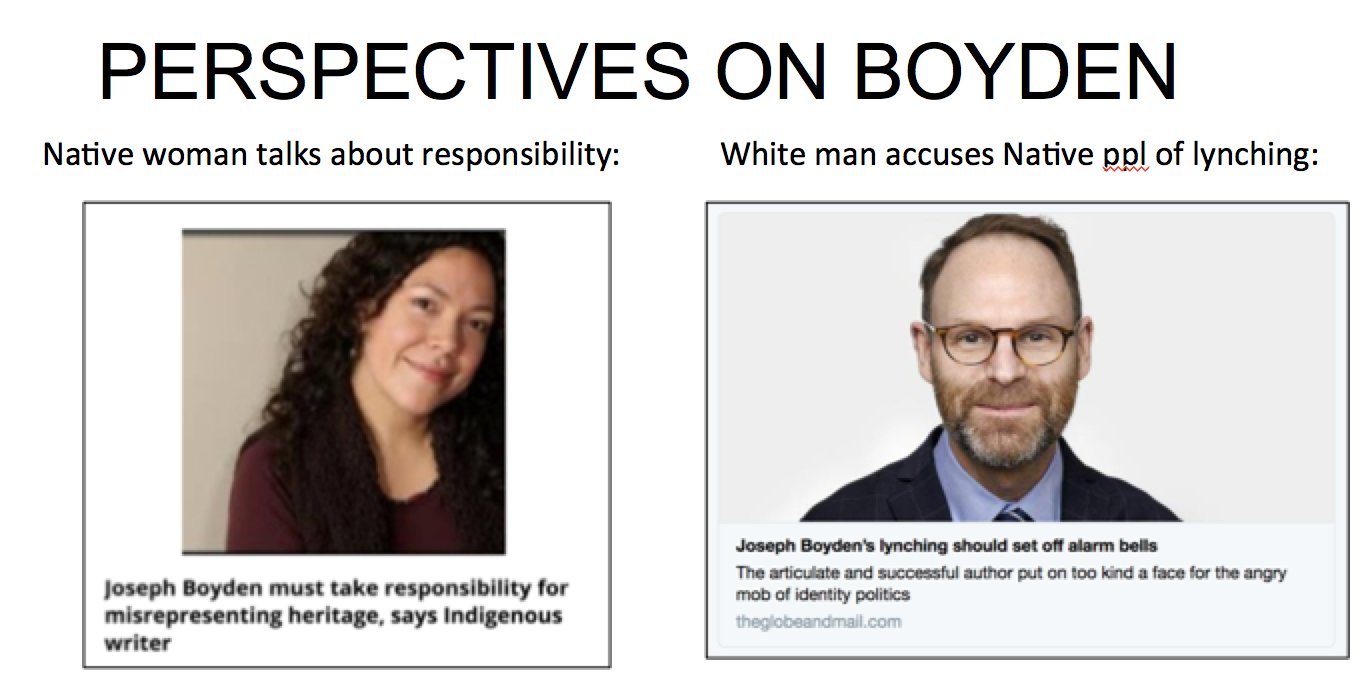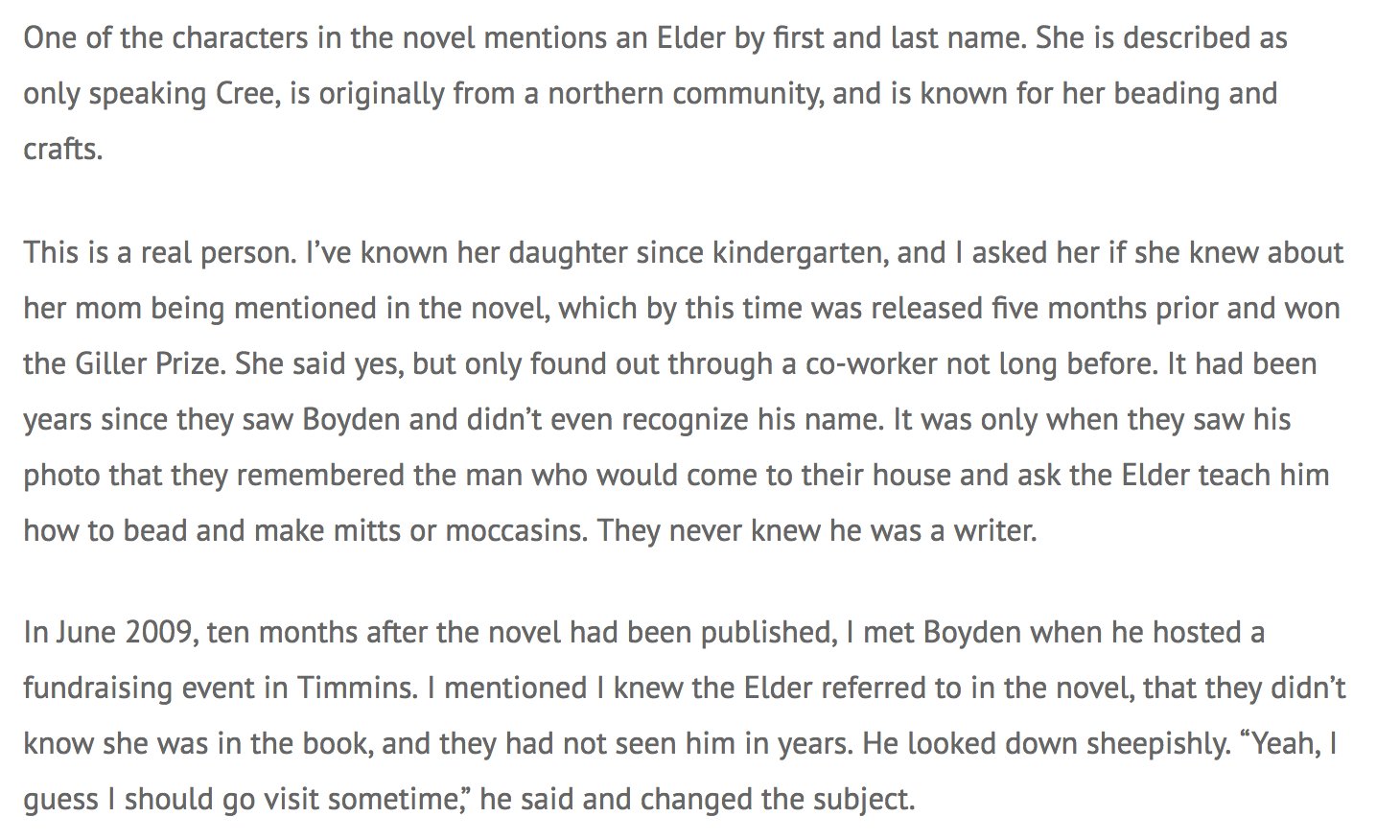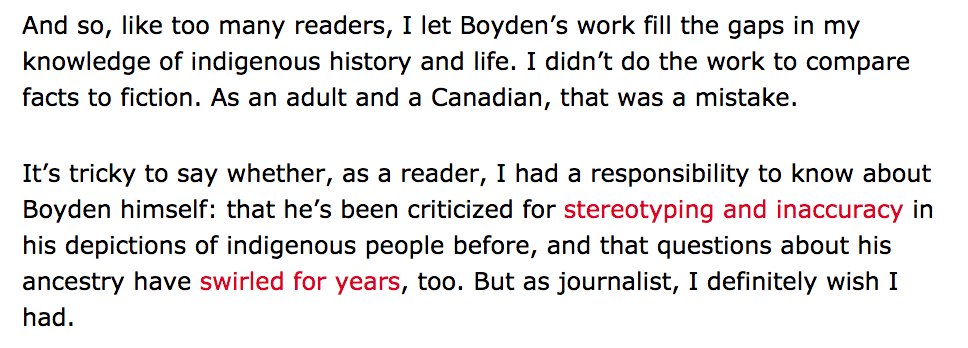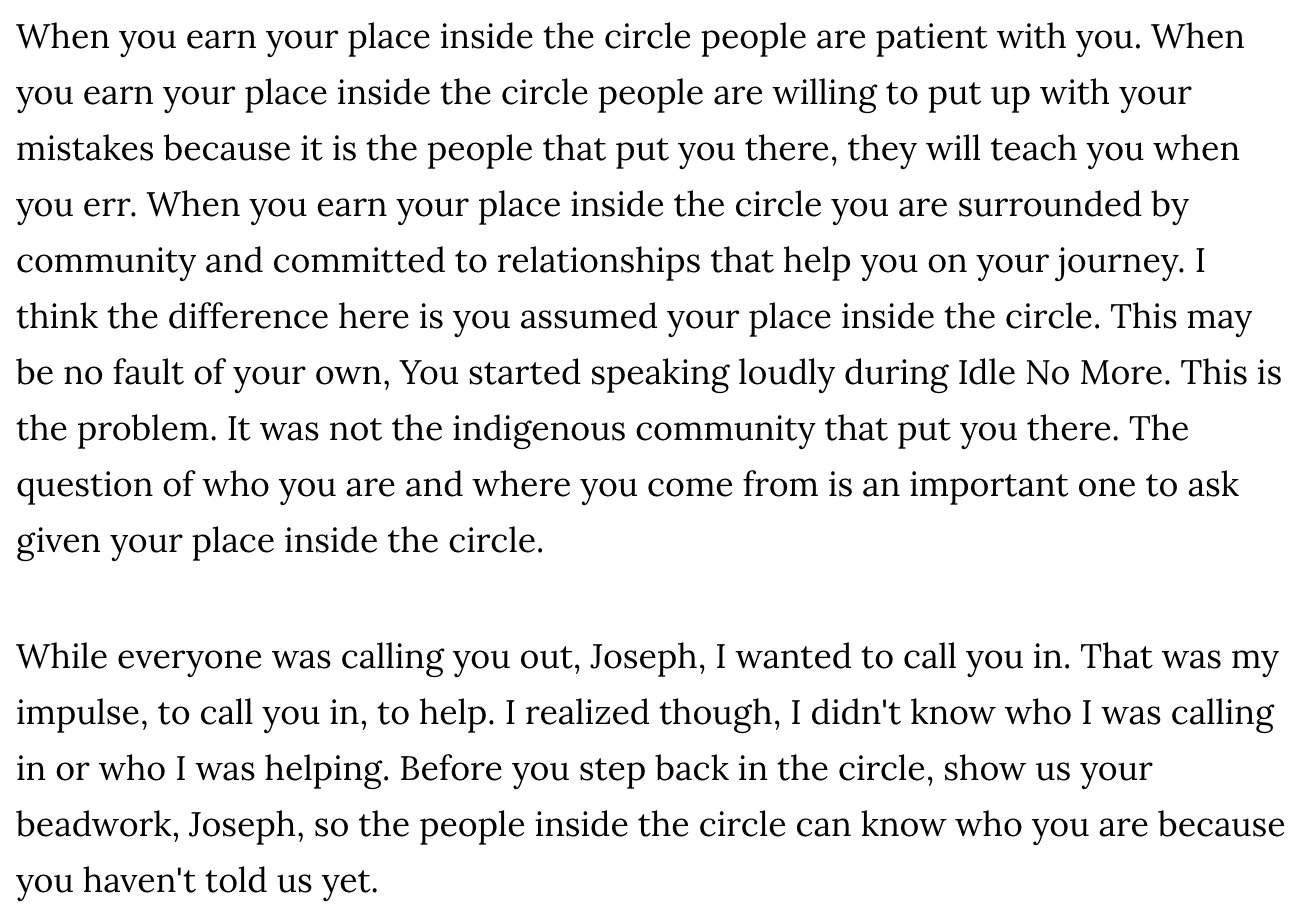This post is one that is in-process. A colleague asked me for some resources on the word myth. She's going to be doing a workshop with teachers. At the 4th grade level, teachers are required to do a unit on "Native American Myths." These are some of my initial thoughts on that word and how I approach thinking about it. You're on this exploration, with me, as I do the work. Come back for more. There will be more!
Myth
What does it mean? What does it mean to you? What does it mean in literature? What stories do we call myth? Is the word used to describe similar stories of all peoples? How do we start to answer these stories?
To start thinking about these questions, some people will go right to a dictionary. Let's do that now.
According to the
English Oxford Living Dictionary, the origin of the word myth is "Mid 19th century: from modern Latin mythus, via late Latin and Greek muthos.
1. A traditional story, especially one concerning the early history of a people or explaining a natural or social phenomenon, and typically involving supernatural beings or events, like "ancient Celtic myths" or "the heroes of Greek myth".
Synonyms are "folk tale, story, folk story, legend, tale, fable, saga, allegory, parable, tradition, lore, folklore".
2. A widely held but false belief or idea, like "the belief that evening primrose oil helps to cure eczema is a myth, according to dermatologists".
2.1. A misrepresentation of the truth, like "attacking the party's irresponsible myths about privatization"
2.2. A fictitious or imagery person or thing. like "nobody has ever heard of Simon's mysterious friend--Anna said he was a myth".
2.3. An exaggerated or idealized conception of a person or thing, like "the book is a scholarly study of the Churchill myth".
Looking over that information, we see "Celtic myths" and "Greek myth" and a set of synonyms. The Celts, according to the
Oxford dictionary, were
... a member of a group of peoples inhabiting much of Europe and Asia Minor in pre-Roman times. Their culture developed in the late Bronze Age around the upper Danube, and reached its height in the La Tene culture (5th to 1st centuries BC) before being overrun by the Romans and various Germanic peoples.
And,
A native of any of the modern nations or regions in which Celtic languages are (or were until recently) spoken; a person of Irish, Highland Scottish, Manx, Welsh, or Cornish descent.
Greek, according to the Oxford dictionary, is:
A native or inhabitant of modern Greece, or a person of Greek descent.
And,
A Greek-speaking person in the ancient world, especially a native of one of the city states of Greece and the eastern Mediterranean.
Thinking critically about who is named in these pages of the Oxford dictionary, and who is not, is important. We learn that the Celts had myths, and so do the Greeks. Of course, the dictionary can't be comprehensive. It can't name all the peoples who had or have myths.
Let's dive into cataloging and see how stories are categorized at
WorldCat (which is "the world's largest network of library content and services).
In the Advanced Search option, I entered myth in the Keyword box, and limited the search to 2010-2018, Juvenile, Any Content (includes fiction, nonfiction, etc), Books (excludes videos, etc), and English. My search resulted in 3,191 books. The first page (shown in sets of ten) include the following titles:
- Thea Stilton and the Missing Myth
- Monsters: Myth or Fact
- Dragons: Magic, Myth, and Mystery
- How to Tell A Myth
- Vampires: Magic, Myth, and Mystery
- The Story of Ursa Major and Ursa Minor: A Roman Constellation Myth
- Exploring the Life, Myth, and Art of Native Americans
- Bigfoot: Magic, Myth, and Mystery
- The Warrior Twins: A Navajo Hero Myth
- Exploring the Life, Myth, and Art of Ancient Egypt
What did you notice as you read through the titles? Monsters, dragons, vampires... And, obviously, I noticed the two books about Indigenous peoples.
Here's the Big Question for all of us. The question has to do with who defines what counts as a myth, and what doesn't. What, in other words, is held sacred or considered to be a religious story, shelved and cataloged as such?
What is missing from those first ten titles is any books about Christianity.
If I take a look at the second ten books, will I find books from the bible, there, in that set? Take a look in your catalog. Repeat the search I did, in whatever database you use. What do you find? I'm happy to read your comments, if you want to share them.
Like I said, this is a post-in-progress. I'm hitting the pause button (I have other work to do) and uploading this post. I hope it doesn't have typos (but it probably will) or structural problems (but it will have them, too!). It is a draft. I'll be adding material from children's literature textbooks, and, material from Native scholars, too. A work in progress, that is paused at 8:45 AM Central Time on March 3, 2018.
Back, on Sunday March 4, 2018 at 10:15 AM or thereabouts...
I've got a copy of the 7th edition of
Children's Literature in the Elementary School, published by McGraw Hill. It was revised by Barbara Z. Kiefer. The authors are Charlotte S. Huck, Susan Helpler, Janet Hickman, and Kiefer. Chapter six is about Traditional Literature. Here's the table of contents for that chapter:
- A Perspective on Traditional Literature
- Folktales
- Fables
- Myths
- Epic & Legendary Heroes
- The Bible as Literature
The Folktales section has "Native American Folktales." I assume you noticed that the Bible got its own section? It could have been put over in the Myths section, specifically in the subjection called "Creation Myths." But--it isn't. In the "Bible as Literature" section, the authors of the textbook write that:
We must clarify the difference between the practice of religious customs and indoctrination in one viewpoint and the study of the Bible as a great work of literature.
See the word "great" there, to characterize it? Do you think their use of "great" reflects bias? Re-read the sentence again, leaving out the word great. How does it feel to do that?
Now--let's look at some of the books (single stories, not collections) discussed in that section. Using WorldCat again, I looked up the first one discussed,
Light, by Sarah Waldman. Its subject headings are:
- Creation -- Biblical teaching -- Juvenile literature
- Children's stories, American
- Creation
- Bible stories -- Testament
- Children's writings
- Creation -- Biblical teaching
The second one is
Genesis by Ed Young. Its subject headings are:
- Bible -- Genesis
- Creation
The third one is
The Seven Days of Creation by Leonard Everett Fisher. The subject headings are:
- Creation -- Juvenile literature
- Creation
- Bible stories -- O.T.
None of the subject headings for those three books are folklore.
Now--let's flip back to the Folktales section of this textbook and look up the books listed there, in the Native American section. The first one is Paul Goble's
The Gift of the Sacred Dog. It is imperative that I say right away that I (and others, too) have concerns with outsiders like Goble, telling/retelling/appropriating Native stories. They get a lot of things wrong. But let's look at the subject headings:
- Indians of North America -- Great Plains -- Folklore
- Children's literature
- Horses -- Folklore
- Indians of North America
- Great Plains
See? Folklore. (I haven't analyzed Goble's book yet. I might very well find out that it is so inaccurate that--if anything--it ought to be categorized as White Man's Indian, or, fiction, or, fantasy... )
Well---I'm hitting the pause button for now (at 2:05 Central Time on March 4th, 2018). Gonna go outside and do some yard work. I'll be back!
And I'm back, at 3:12. I did enough yard work for the day... this project called me back inside!
I've talked about this difference in cataloging in talks I've given in person and online, too. Because there's a cloud on Goble's work, I thought it'd be good to give you an example of a book written by Native people. The one I use to illustrate this bias against Native stories is
Beaver Steals Fire: A Salish Coyote Story. Written by the Confederated Salish & Kootenai Tribes of the Flathead Reservation in Montana, and illustrated by Sam Sandoval, it includes a note on one of the first pages, that says "In
Beaver Steals Fire, fire is a gift from the Creator brought by the animal beings for human beings who are yet to come. Fire remains an important gift in our traditional ways of knowing and understanding." Lot of words there, all of which tell us that this is a sacred creation story. But, here are its subject headings in WorldCat:
- Coyote (Legendary character) -- Legends
- Kootenai Indians -- Folklore
- Salish Indians -- Folklore
- Coyote (Legendary character)
- Kootenai Indians
- Salish Indians
See? Folklore again! (Insert angry emoticon face, and, hitting the pause button at 3:28.)
---------
Notes from items written by Indigenous writers/scholars:
Younging, Gregory. (2018)
Elements of Indigenous Style: A Guide for Writing By and About Indigenous Peoples. Brush Education (in Canada). Take a look at this entry in chapter 6, which is about terminology:
legends/mythology/myths/tales:
These terms are often applied to Oral Traditions. This is offensive to Indigenous Peoples because the terms imply that Oral Traditions are insignificant, not based in reality, or not relevant. The term legends can also be constructed this way, although legends acceptable to Indigenous Peoples in the sense that Oral Traditions describe past events that are legendary. To avoid misunderstanding, it's best to use terms such as Oral Traditions or Traditional Stories.
Silva, Noenoe K. (year) "Hawaiian Literature in Hawaiian" in
The Oxford Handbook of Indigenous American Literature, Oxford University Press, page 115:
Loss of our mother tongue accompanied the loss of nationhood. From 1896 on, all schooling in Hawaiʻi was conducted in English. All the generations that followed were much more knowledgeable about English language and literature than Hawaiian. Only those privileged enough to be educated in the language and literature, either at home with a elder or at the university, were familiar with our stories and poetry. Anthropologists, folklorists, and children’s book authors recast this literature as myth, legend, folklore, and children’s stories.




